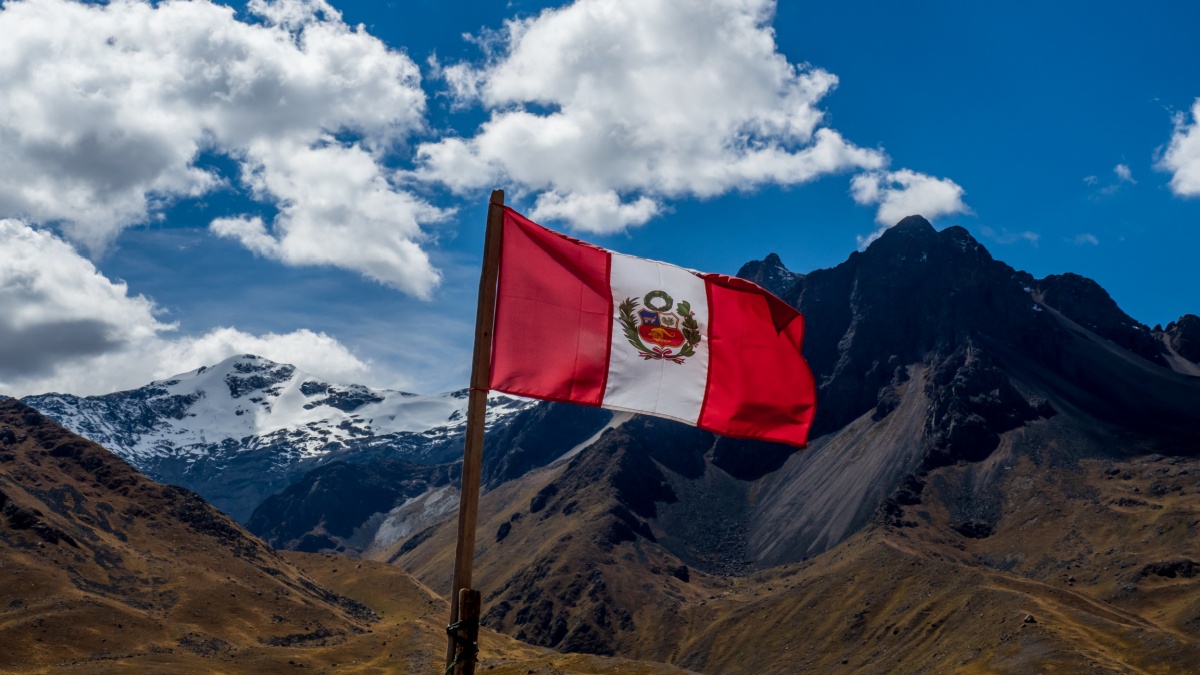
Gambling Licences in Peru are ready to demand a repeal of President Boluarte 1% revenue tax, deemed as an unconstitutional measure, SBC Noticias’ Lucia Gando writes for iGaming Expert.
Tensions are high in Peru, as licensed gambling operators say they are united in their demand for the government to repeal the 1% Selective Consumption Tax (ISC) on wagers — a levy they describe as unconstitutional, anti-competitive and financially unsustainable.
Introduced in February 2024 under Legislative Decree 1644, the tax was pushed through by President Dina Boluarte’s administration as a means to underpin Peru’s newly regulated online gambling framework. The ISC applies a flat 1% charge on the total value of all bets placed including those made using promotional bonuses — regardless of an operator’s licensing status.
For operators holding Peruvian licences, the tax has become a threat to business, as international platforms can offset the tax by passing it onto consumers, domestic firms must absorb the cost directly, eroding margins and distorting competition.
Industry insiders describe the tax as a blunt instrument that fails to account for the commercial realities of licensed operators. Promotional bonuses a core acquisition and retention tool are now being taxed as though they represent actual turnover.
“Taxing a bonus like real money is the equivalent of charging someone for a prize before they’ve even won,” said one executive involved in the legal campaign to overturn the measure.
Constitutional expert Carlos Fonseca Sarmiento, CEO of Gaming Law Peru, has gone further —branding the tax “openly unconstitutional.” He argues that Decree 1644 breaches Peru’s constitutional principles of equality, legal clarity, and non-confiscatory taxation. Crucially, the decree fails to clearly define the taxable event, making it vulnerable to legal challenge.
While the Ministry of Economy and Finance (MEF) has defended the ISC as a necessary fiscal tool projecting annual revenues of up to 284 million soles – critics accuse the government of undermining its own regulatory ambitions.
The Ministry of Foreign Trade and Tourism (MINCETUR), tasked with formalising the gambling sector, has seen its work destabilised. Industry voices say the MEF is working at cross-purposes with MINCETUR, penalising compliant businesses while doing little to police unlicensed operators.
“Every step MINCETUR takes to bring order, the MEF seems determined to dismantle,” said Fonseca.
The tension reached new heights last month when Congress voted to amend the tax — excluding promotional wagers and applying the levy only to cash-based bets. The move was welcomed by the industry, but swiftly vetoed by President Boluarte, who warned of a 95% drop in ISC revenues if the changes were passed.
That veto has only hardened the industry’s resolve. Domestic operators are now preparing coordinated legal and constitutional challenges to strike down the tax in its current form. Many are also calling on Congress to override the presidential veto — a move that would require a qualified majority but could signal a decisive policy shift.
Meanwhile, questions remain over whether SUNAT — Peru’s tax authority — has the capacity to enforce the tax across unregulated or foreign platforms, many of which operate beyond its reach. As it stands, critics say compliant firms are being punished for playing by the rules.
All eyes now turn to the upcoming national gambling policy conference in Lima, where the industry is expected to present a united front. With market sustainability, regulatory integrity, and foreign investment on the line, pressure is mounting on the government to rethink its fiscal strategy — or risk watching the sector slip back into the shadows.